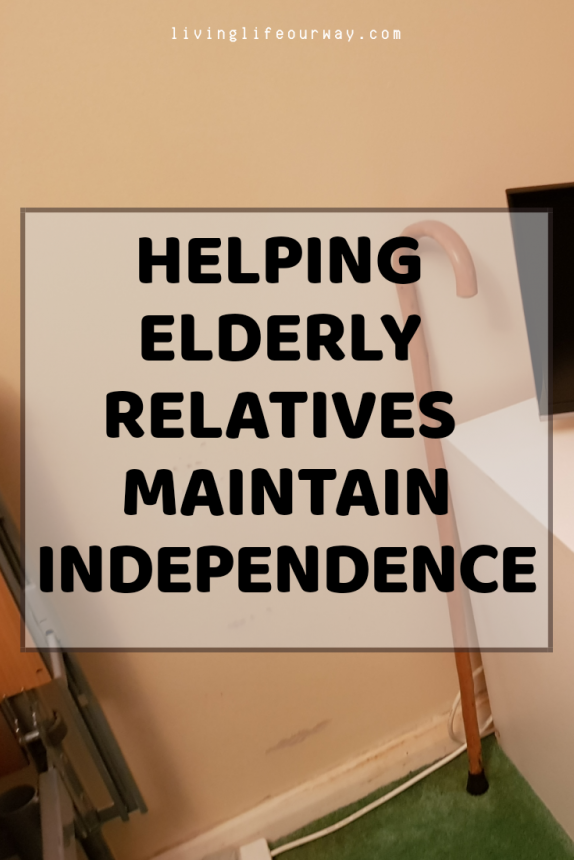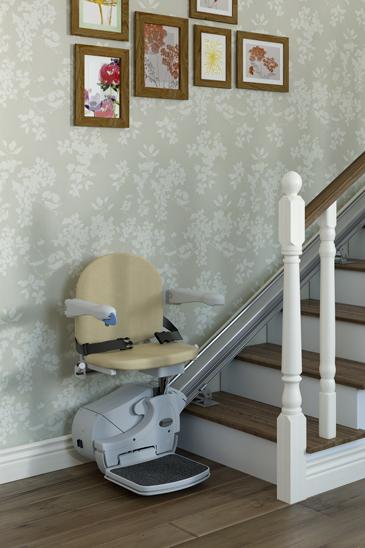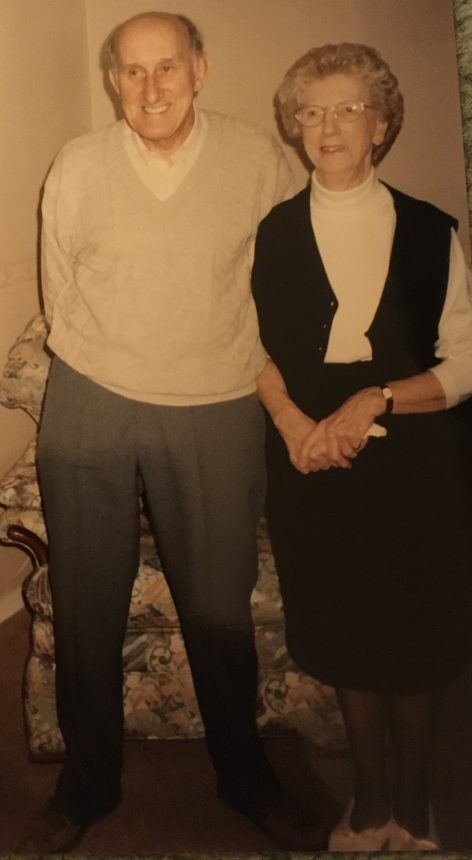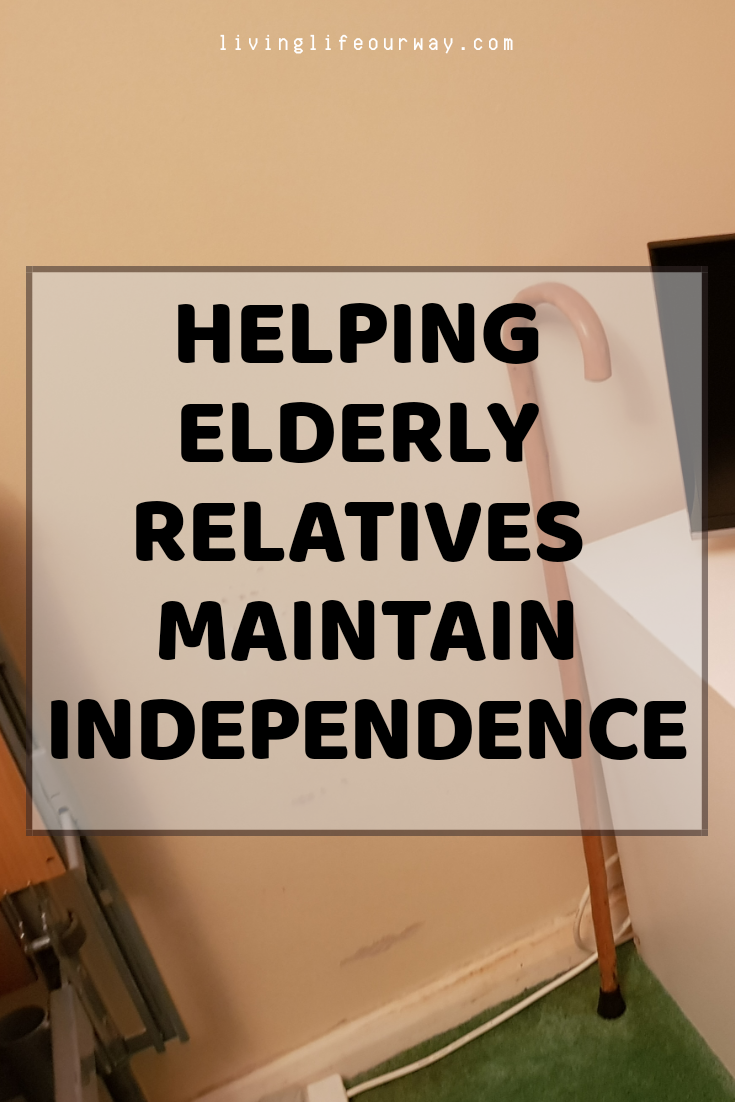As people grow older, they begin to worry about losing their independence. One example of this might be concerns over whether they will stay in their own home or if they will move to an independent senior living community instead, and what support they might require to live as independently as possible. Simply Senior Living offers amazing options, and it might be a great idea to check them out in order to help ease uncertainty regarding the possible transition.
If you have an elderly relative, it can be challenging to meet their needs but still respect their wishes, and it can be a daunting level of responsibility to work out solutions with them, and on their behalf. So here is some useful advice on helping elderly relatives maintain their independence…

Adaptions to Home
In order to help an elderly relative remain in their own home, it is essential to consider adaptions that can be made to ensure their safety and comfort while living independently. If mobility is an issue, as is so often the case, then various aids are available to make life easier, and offer peace of mind.
Unless the person lives in a bungalow, think about buying a stairlift to avoid any nasty accidents and to make both floors more accessible. Well placed handrails in key areas throughout the home are also beneficial. Also consider a walk-in shower if possible too. Lastly, if a person needs a frame or walking aid to move around more easily then make sure this is easily available as well.
And don’t forget the little things! Walk around doing your own safety risk assessment of the home, checking for any potential danger. For example, trip hazards such as loose rugs should be made safe. A panic button that links to someone who can attend the property quickly in case of an emergency is also extremely helpful to have.

Carers
If personal hygiene, preparing food to eat, getting in and out of bed, or other daily tasks becomes a struggle then a carer might be necessary. This could be a live-in carer if needs are quite frequent and intense, or someone who visits daily (or several times daily) as and when needed. There are plenty of private in-home care services available; check out Care For Family homepage for some examples.
My Experience
My late grandad was adament he wanted to stay in his home during his later years. He was of sound mind, but found physical tasks difficult due to limited mobility. This was in part due to age, and largely due to a partial leg amputation following illness. He lived in a bungalow and used a frame to get around. He had carers visit several times daily, to help him wash and get to bed. His shopping was ordered online for him then delivered and he was able to prepare simple ready meals in the microwave himself. He also had a cleaner. With these simple adaptions he was able to remain in his own home, as he wished.

Alternative Solutions
However, it is not always practical, or even possible, for an elderly person to remain in their own home. It could be that their needs are too intense or complex. One possible solution is for them to live with younger relatives; perfect if you happen to have a granny annex or enough space in your home, for example. There are many benefits to this, and it can be a wonderful experience for all parties I am sure. However, there may also be many reasons why this is not a possibility; not all circumstances are the same.
The other obvious alternative is a care home. Whilst this may seem like a daunting prospect, it can be a very good thing. Staff on hand at all times, plus friendships and company; there is alot to be said for this idea!
My nan, pictured above, could not stay at home as she suffered from dementia and needed more care than could be provided there. She lived in a nursing home for many years before she passed away; it was absolutely the right choice for her and the best place for her to be.
Whatever choices are made, remember every situation is unique. All factors need to be weighed up to decide on the best set-up for each of the parties involved. It is not an easy decision, but hopefully this post will help you consider some of the factors needed to reach a conclusion.
*This is a collaborative post.

